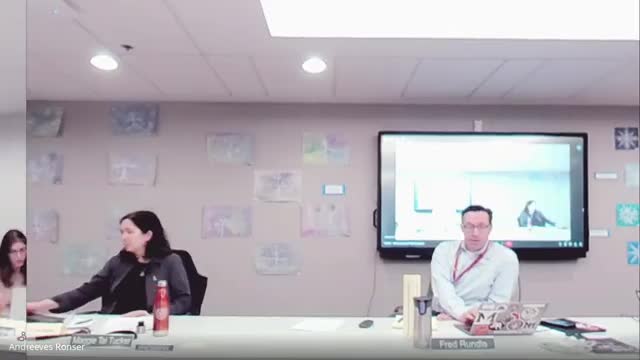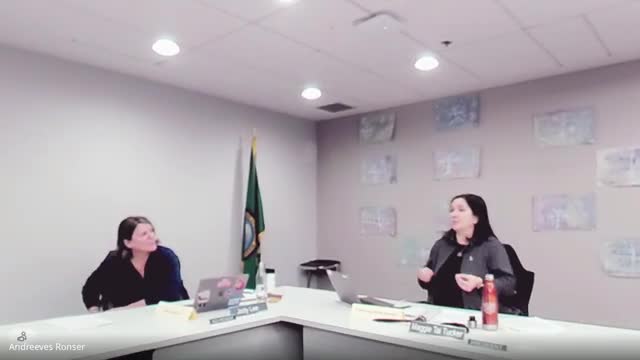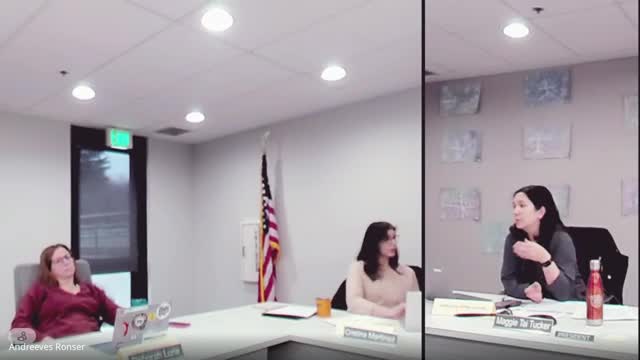Article not found
This article is no longer available. But don't worry—we've gathered other articles that discuss the same topic.

Board sets two candidate forums: March 13 (in person) and March 20 (online)

Board debates AI meeting summaries, opts to pilot a short "Board Buzz" update first

Board debates social-media rules for trustees, flags First Amendment and public-meeting limits

